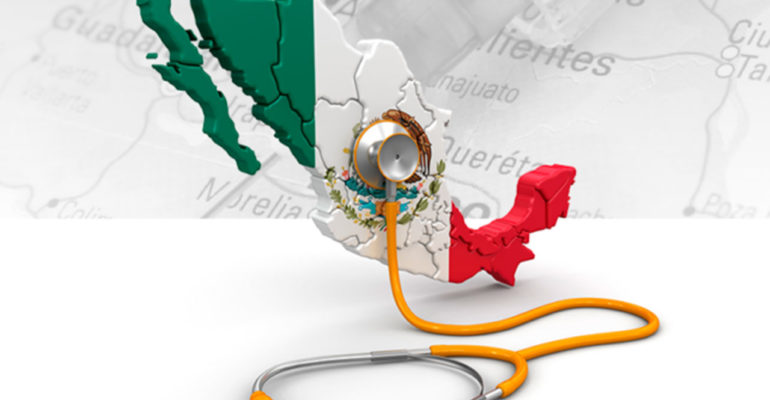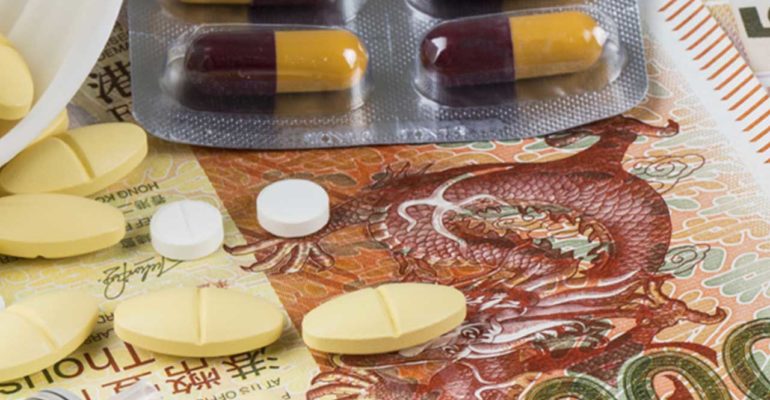
Intellectual property drives pharmaceutical innovation in emerging markets
Intellectual property reforms ushered in by TRIPS have stimulated a nascent boom in pharmaceutical innovation in middle-income countries.

Intellectual property reforms ushered in by TRIPS have stimulated a nascent boom in pharmaceutical innovation in middle-income countries.

Hace casi una década, la empresa de servicios tecnológicos de salud IMS Health seleccionó 21 países que describió como “farmaemergentes” – países en desarrollo con industrias farmacéuticas con importancia creciente, entre los cuales se encontraba México.

América Latina enfrenta otro año de contracción económica de acuerdo a los últimos pronósticos de la OCDE y la Cepal. Los economistas coinciden en que la región está condenada a un desempeño mediocre en tanto continúe dependiendo de las materias primas.

Mexico has the choice to remain as a low-value manufacturer of medicines, or develop as an innovator in its own right.

China and South Korea’s attempt to protect domestic industries is rooted in the faulty economic logic of the past. Domestic high-tech sectors are unlikely to develop if they are shielded from international trade and competition behind tariff walls.

For Indonesia to join the ranks of high-income countries in the longer term it needs to start building a knowledge economy. Indonesia’s new patent law is a step in the wrong direction.

By turning back the clock on intellectual property, the U.N. would cut off developing countries from innovation.

India’s home grown medicine innovators are on the march but face legal and policy challenges. An innovative diabetes treatment from an Indian biotech company is set to transform the lives of 387 million people living with the condition globally.

Colombia’s compulsory license for a cancer medicine puts at risk its hard earned reputation as a safe country for foreign investment.